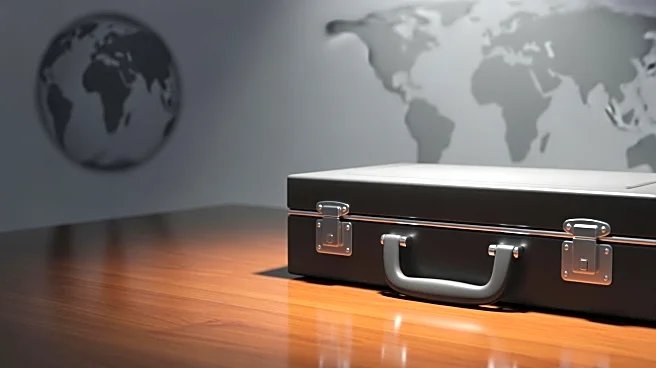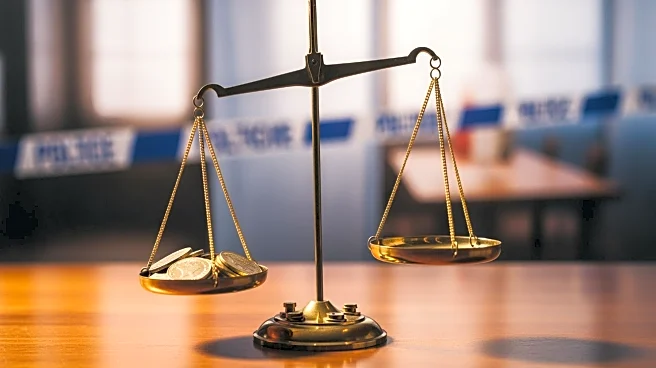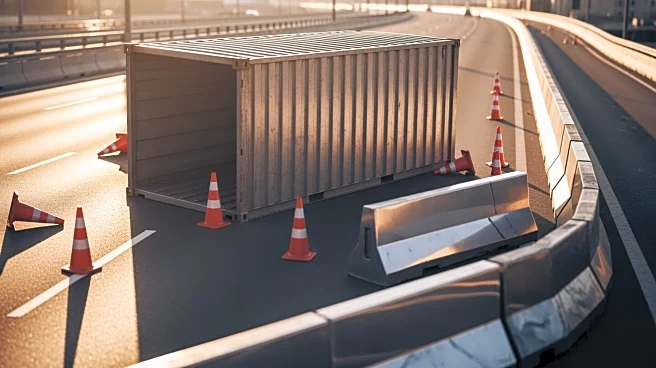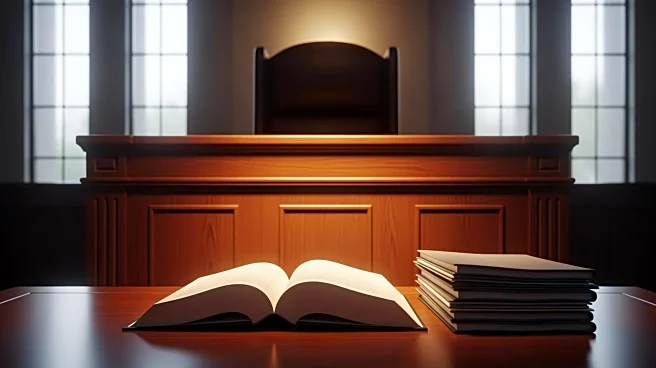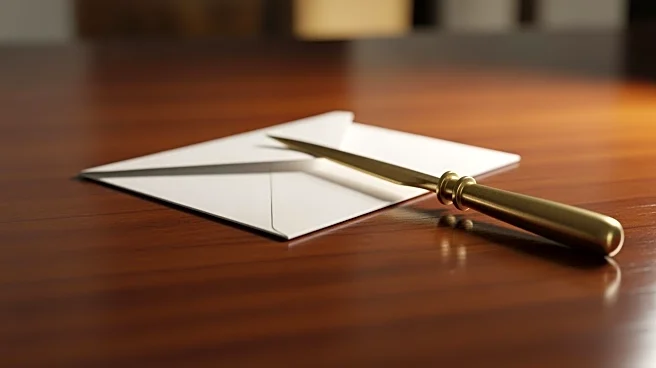What's Happening?
Families of two French nationals, Cécile Kohler and Jacques Paris, detained in Iran for espionage charges, have expressed their loved ones' desperation following reports of lengthy prison sentences. Kohler and Paris were reportedly sentenced to a combined
63 years by an Iranian Revolutionary Court for allegedly working for French intelligence and cooperating with Israel. The families have not received official notification of the sentences and criticize the legal process as lacking transparency. France has condemned the detentions as unjustified, and the case is seen as part of broader diplomatic tensions between Iran and France.
Why It's Important?
The sentencing of Kohler and Paris highlights ongoing diplomatic tensions between Iran and Western countries, particularly France. The case underscores concerns about Iran's use of foreign detainees as leverage in international negotiations. The situation could impact diplomatic relations and negotiations between Iran and France, especially regarding potential prisoner swaps. The families' public appeal adds pressure on French authorities to secure the detainees' release, emphasizing human rights concerns in Iran's judicial practices.
What's Next?
French President Emmanuel Macron has indicated a potential prisoner swap, but remains cautious about the prospects. The families' public statements may increase pressure on French authorities to expedite negotiations for the detainees' release. Iran's judiciary has allowed for an appeal to the Supreme Court, which could alter the legal outcome. International human rights organizations may become more vocal in advocating for the detainees, potentially influencing diplomatic strategies.
Beyond the Headlines
The case reflects broader issues of human rights and judicial transparency in Iran, where foreign nationals are often caught in geopolitical disputes. It raises ethical questions about the use of individuals as bargaining chips in international diplomacy, highlighting the need for reforms in Iran's judicial system.
